A quiet blind spot that wrecks good conversations:
“We judge others by the impact of their communication. We judge ourselves by our intent (which is invisible).”
Think about your last hard conversation or disagreement.
When someone hurt you, you felt the sting of their words. Impact was undeniable. When you hurt someone, you probably defended yourself: “That’s not what I meant.” “You misunderstood.” “I was just trying to help.”
Intent felt obvious to you.
That’s a communication paradox.
We give ourselves the benefit of the doubt we rarely extend to others in conversations.
In Leadership: “Constructive feedback” can land as criticism. Your team doesn’t see your intent, only the stinging impact of the review of their work.
In Sales: “Helpful questions” can feel like pressure to a prospect instead of curiosity and genuine desire to solve their problems.
In Relationships: “Problem-solving” can make your spouse or kids feel unheard when all you were trying to do was offer a winning solution.
The Warning Signs
- You often think, “That’s not what I meant.”
- People seem unusually defensive after you speak.
- You’re surprised when someone withdraws after what felt like a normal interaction.
- You believe others are “too sensitive,” but the pattern repeats.
The Alternative
- Ask, “How did that come across?” to check impact.
- Share your intent before or after (“I want to be clear I’m saying this to support you.”).
- Listen for how your words land, not just how they sounded in your head.
- Stay curious instead of defensive when there’s a mismatch.
The fix isn’t complicated, but it may be uncomfortable at first. Stop defending your intent. Start owning the impact.
Try: “It sounds like that landed differently than I meant. Can you share what you heard?”
When you acknowledge impact first, people become curious about your intent. When you defend intent first, they stop listening entirely.
Where have you seen this gap between intent and impact? What phrasing helps you bridge it?
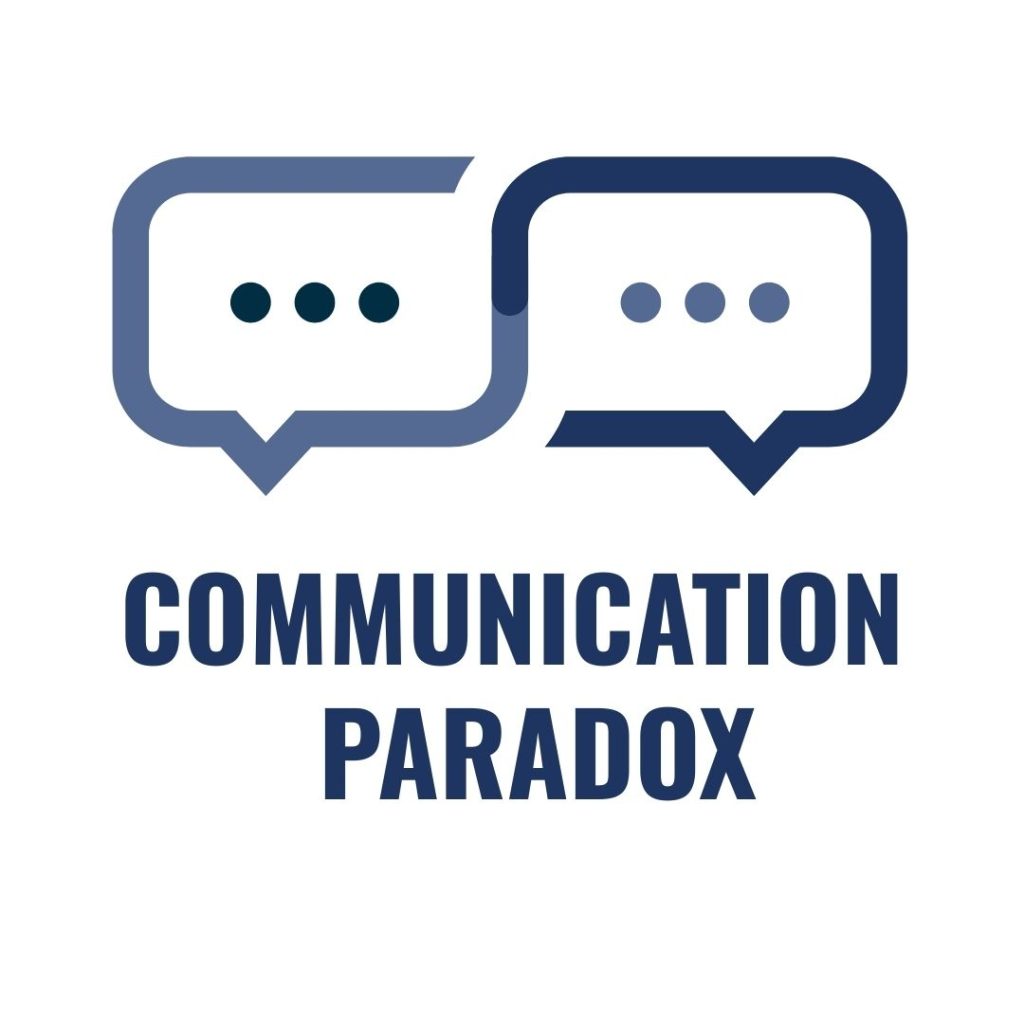

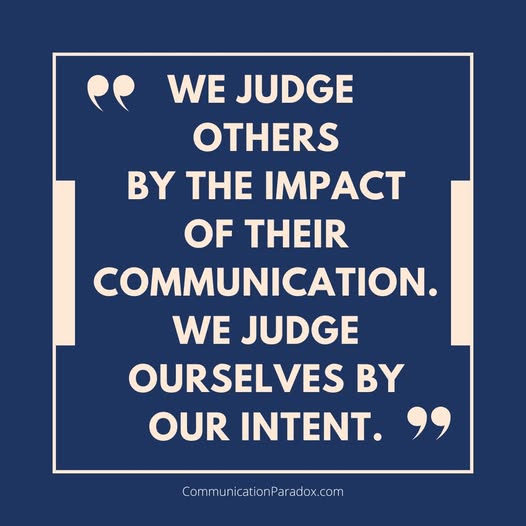
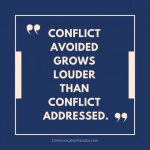

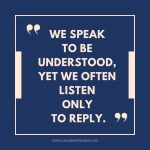

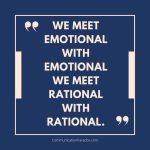
Leave a Reply